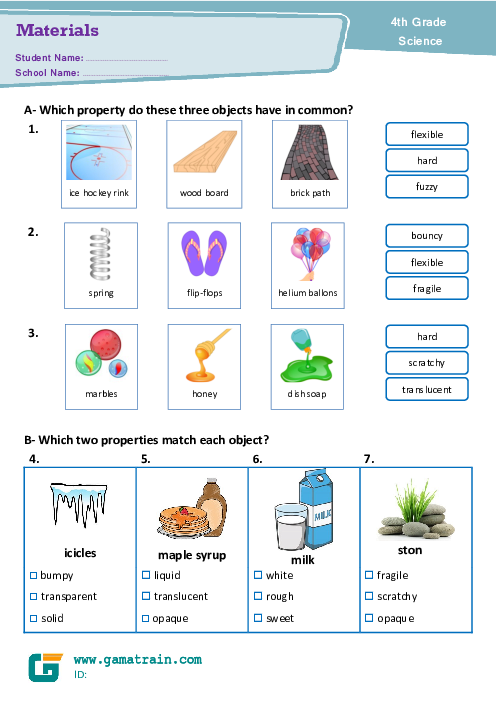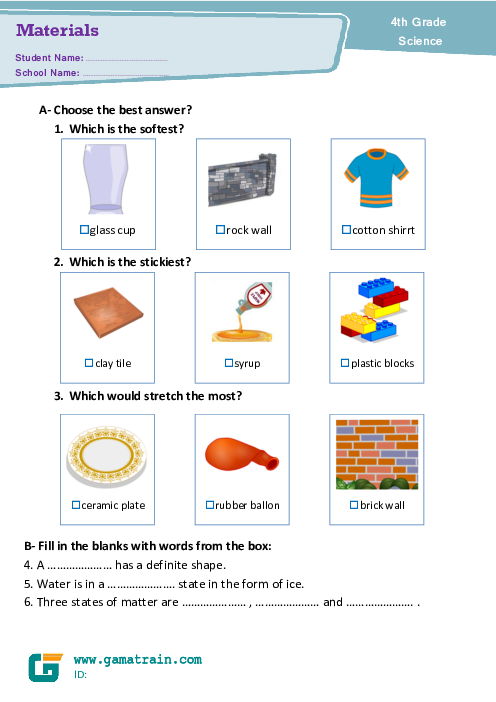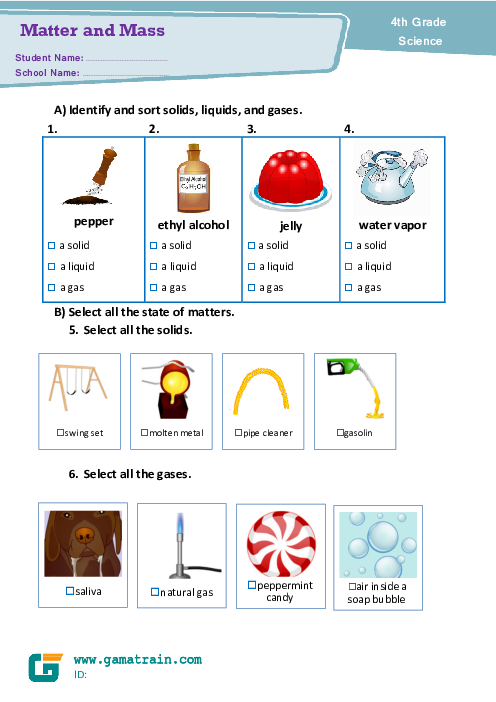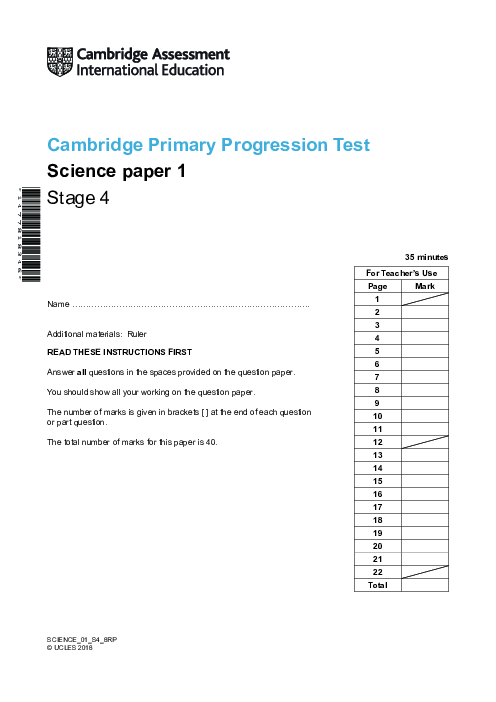This moot point discusses recycling, an essential practice for environmental conservation, and its benefits in preserving natural resources and reducing pollution.
How does recycling benefit the environment?
پاسخ ها: {{ repliesNum }}
پاسخ انتخاب شده
در پاسخ به: {{ reply.reply_to.name }}
در پاسخ به
این پیام حذف شده است.










